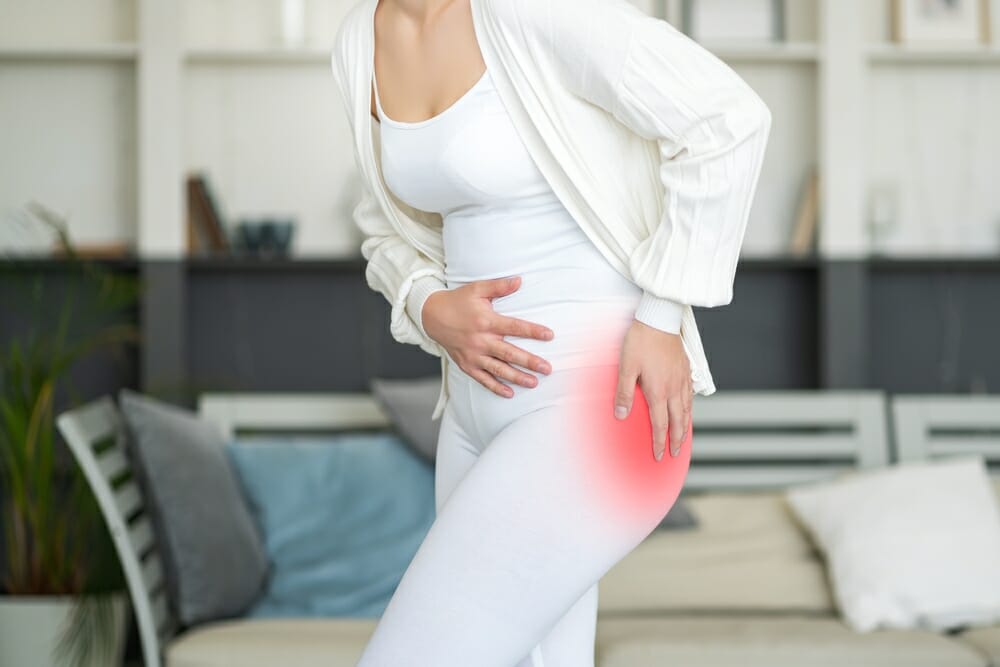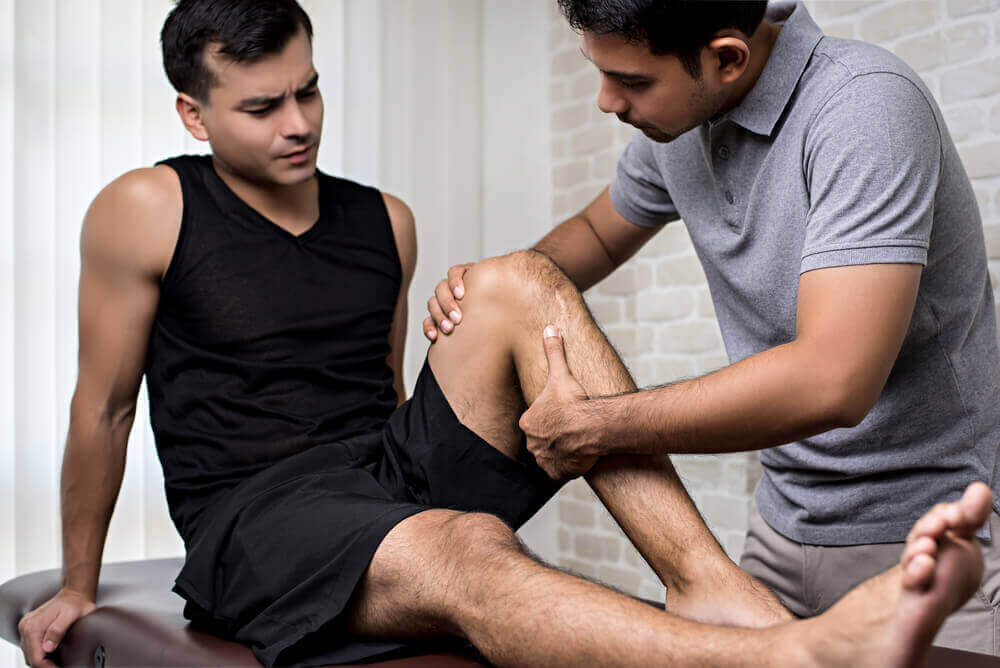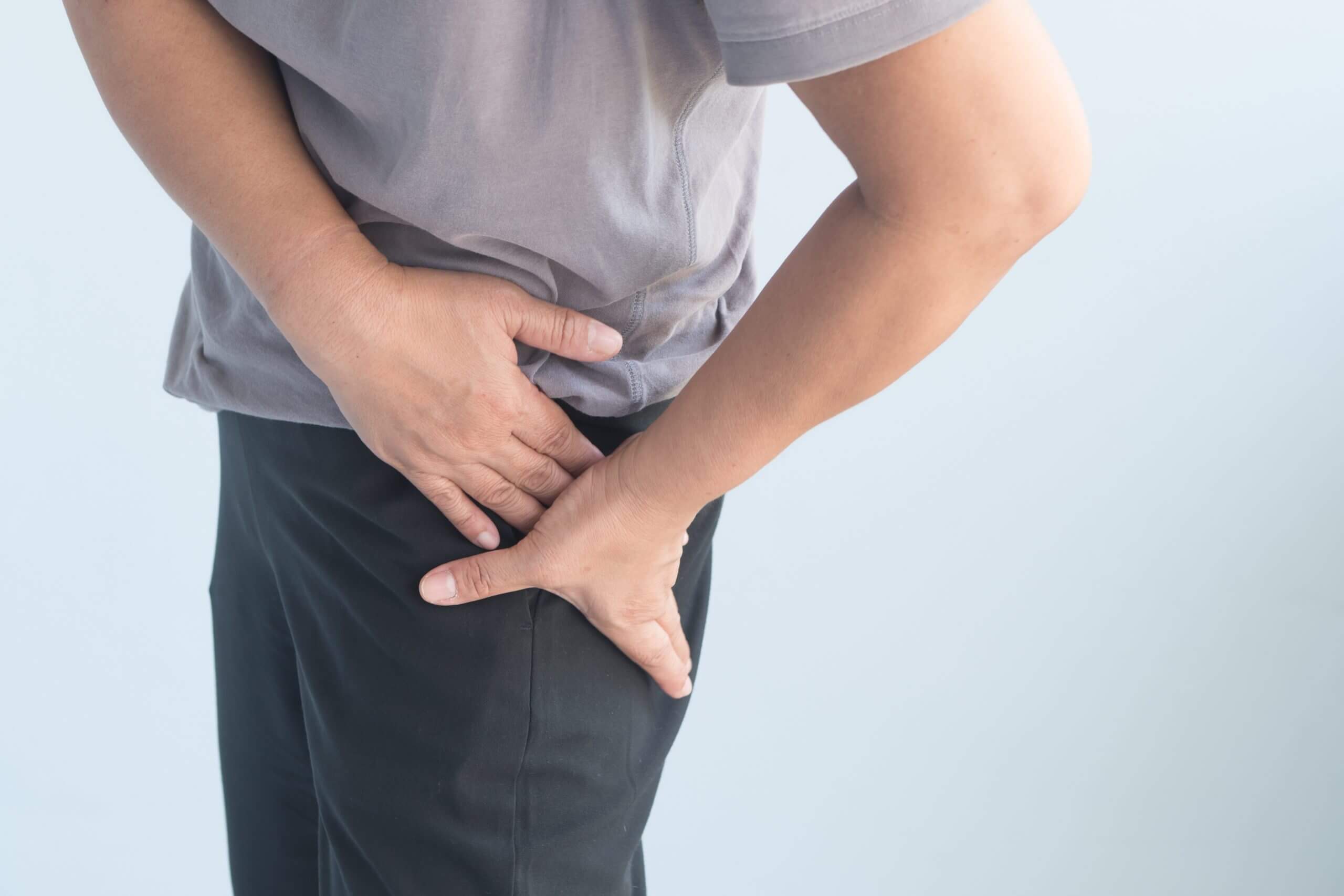
Hip pain at night can be debilitating and frustrating. It can wake you up when you are asleep, or even make it difficult to fall asleep.
But hip pain can also have a profound impact on your daily routine and lifestyle, as well as your general health and wellbeing. Increased tiredness and fatigue can also have negative consequences on mental health.
Here’s what you need to know about hip pain at night and how to get rid of it.
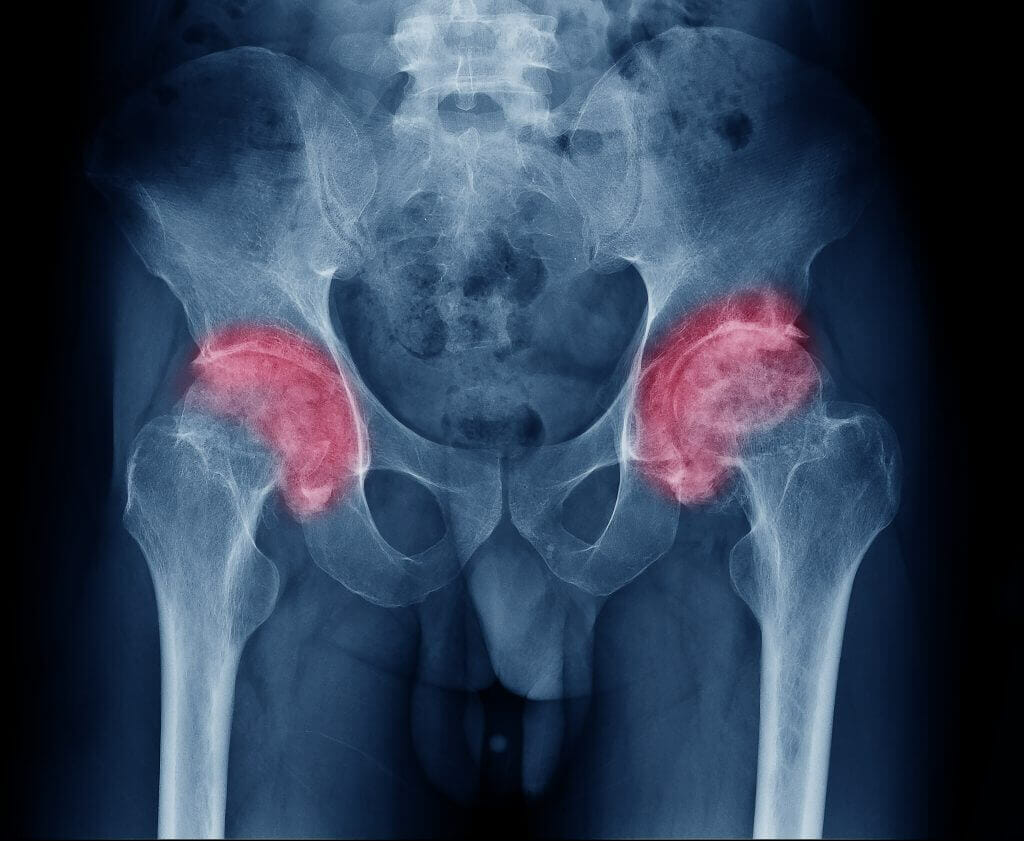
Hip pain is one of the number one causes of discomfort that disturbs people’s sleep. This is particularly frustrating for side sleepers.
There are multiple reasons for hip pain at night, here are the most common causes:
Sleeping Habits
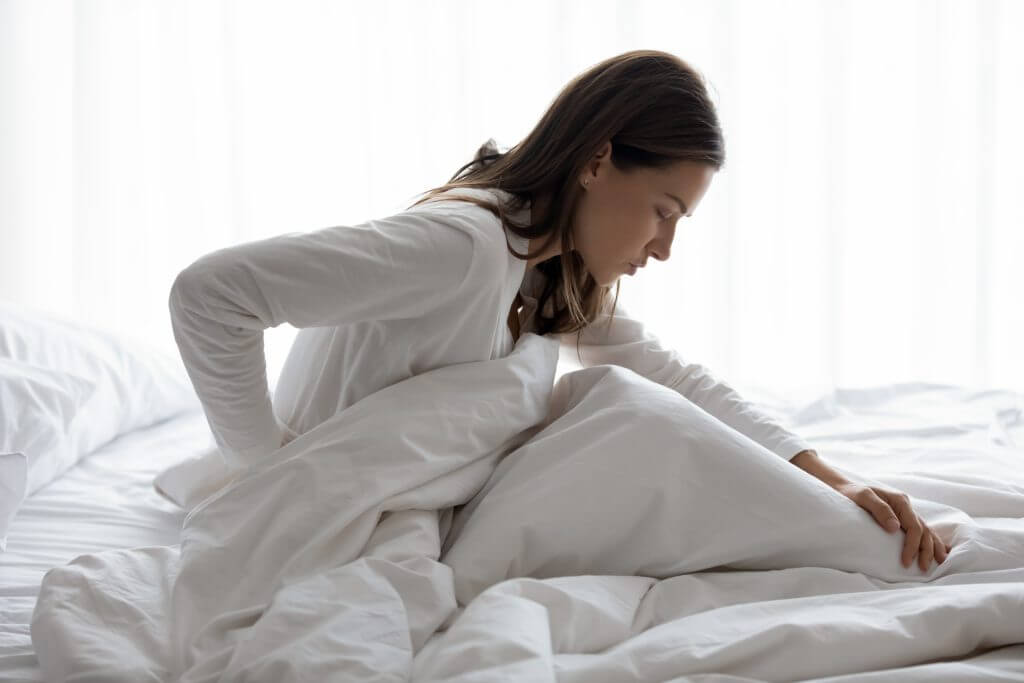
If you’re struggling with hip pain, you might want to look at the way you sleep. Your sleeping position can cause pain if you lie in a position that causes muscle tension. Examples include sleeping predominantly on one side without changing position.
Your mattress could also be to blame. A mattress that is too soft or too hard can easily force your body to lie in a particular position that could be causing increased pain. You may need to invest in a new mattress that suits your body and the way you prefer to sleep.
If you’re having problems getting enough sleep and want to improve your sleeping habits, get in touch with our team at Integrity Physio and we can chat about strategies to help.
Inflamed Hip Bursitis

In and around our body’s joints are small fluid-filled sacs called bursae. The hip joint has one of these bursae, which is known as the greater trochanteric bursa. Overuse, abnormal loading, or injury of this bursa can result in hip pain that can flare up whenever you’re not standing up. Lying down in bed at night can aggravate these pains, especially when lying on the side of the affected hip or lying with the affected hip stretched too far across your body.
Tendonitis
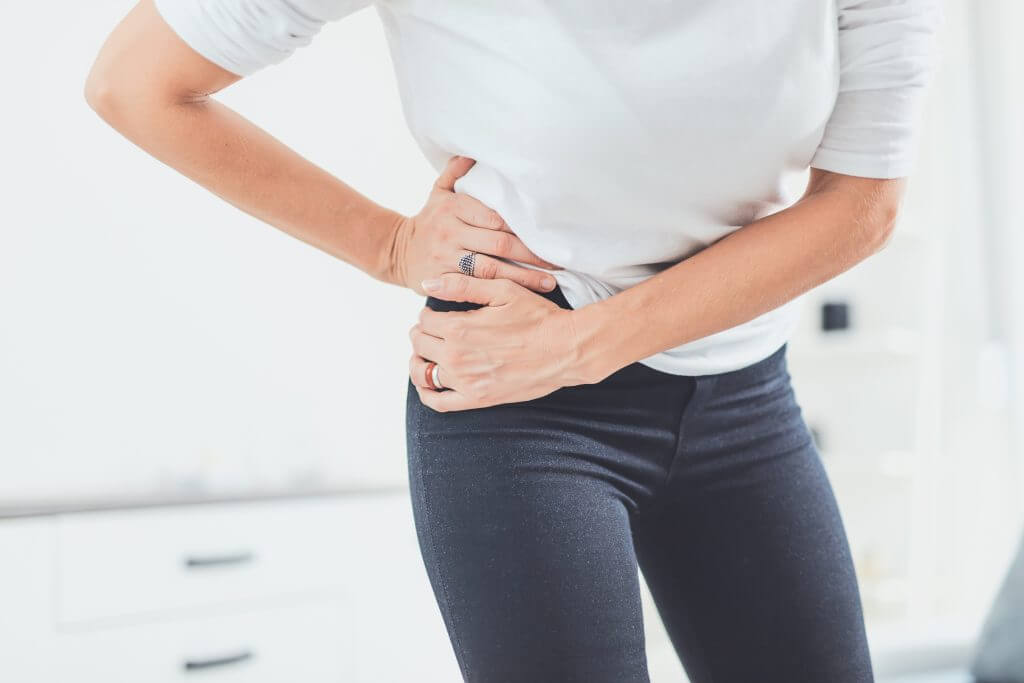
Tendonitis occurs when a tendon becomes inflamed/irritated due to overuse or physical stress. Tendons allow movement by connecting our muscles to bones. Hip tendonitis can result in soreness in the outside of the hip or the groin area – especially when walking upstairs, and can also flare up during the night.
Hip Arthritis
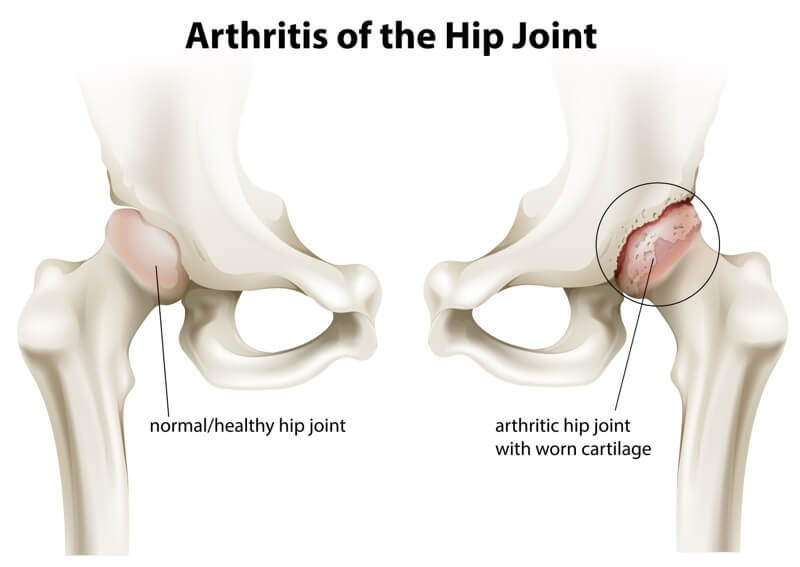
If you have a history of arthritis, this could also be contributing to your hip pain when sleeping. Hip osteoarthritis is a common condition that affects many in the population. It occurs when the cartilage in the hip bones deteriorates and the joint becomes stiff and painful.
However, it could also be one of several other types of arthritis such as:
- Rheumatoid arthritis
- Septic arthritis
- Psoriatic arthritis
Pregnancy
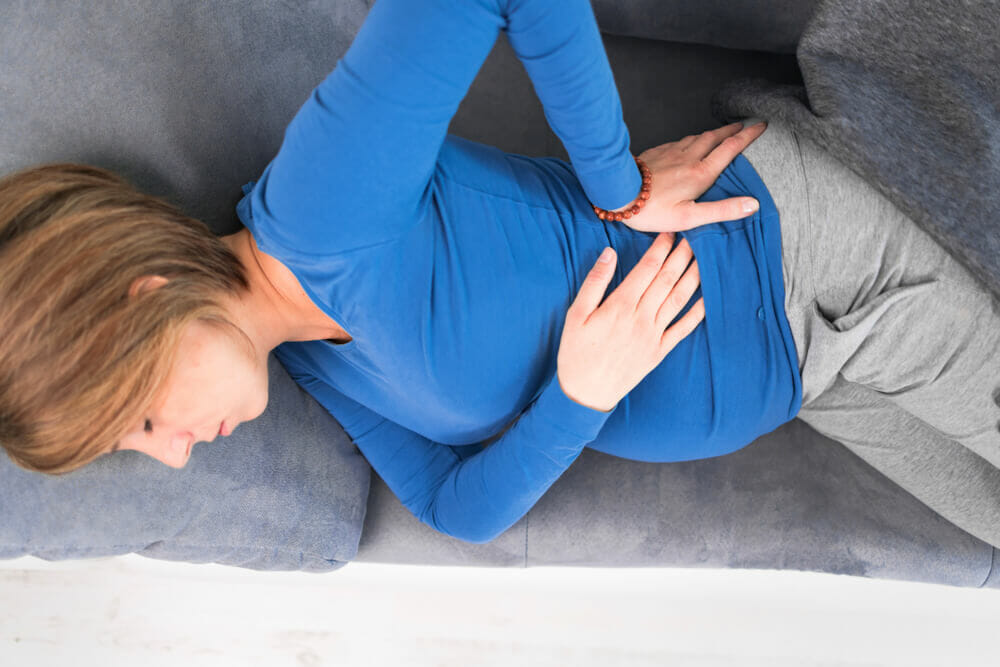
Pregnant women in their last trimester can also be prone to pain in the hips. The extra weight and change of loading can put pressure on the spine and hips, causing tension to build up during the day. It’s important to wear comfortable and supportive shoes when up and about, and continue to adhere to good sleeping habits. Body pillows and pelvic stability belts may be necessary to help manage pain.
Hip Injury
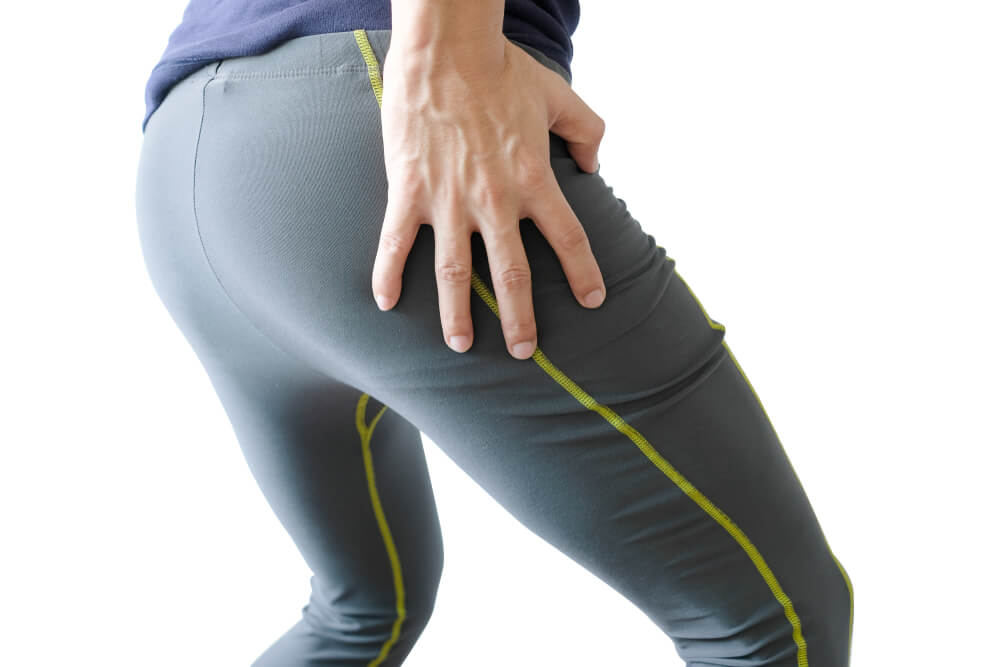
Hip injuries from sporting incidents or a mishap at work can also cause you to wake up in the night in pain. Hip pain from injuries must be dealt with effectively with professional treatment immediately after the injury, to avoid complications and a slow recovery. If you’re being kept awake at night because of a hip injury, you may want to consult with your physiotherapist. They can address the issue and can ensure you’ve got the support you need.
How To Get Some Relief
It’s good to know how to deal with hip pain at night, because leaving it to become worse could lose you hours of precious sleep. Here are some short and long-term solutions for your sore hip.
Short Term Solutions
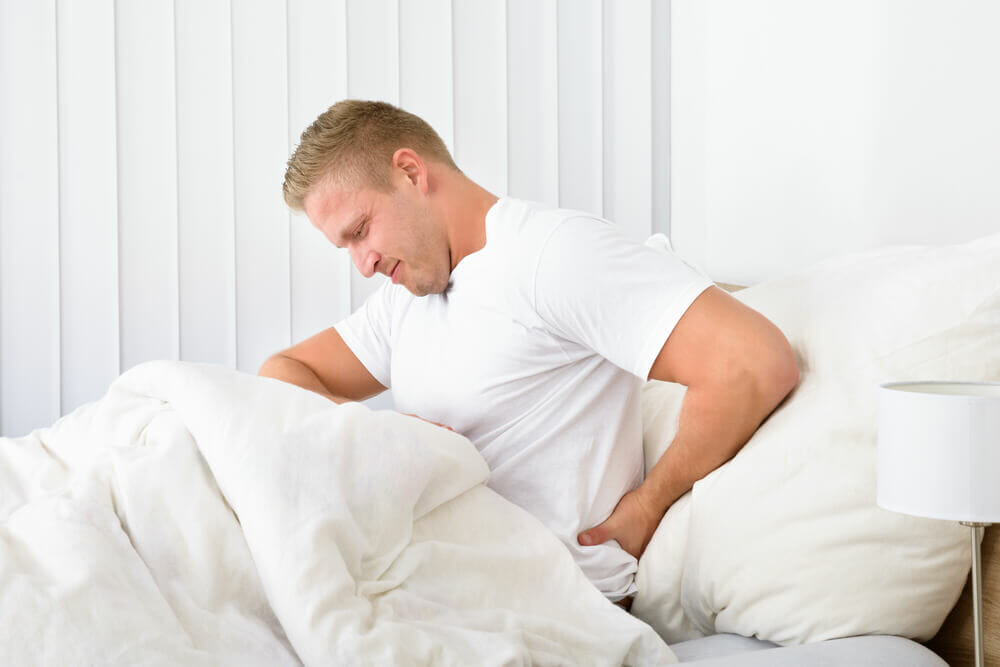
- Try changing your sleep position. Grab a pillow and prop yourself up, use a body pillow or find a more comfortable position.
- Try wedging a pillow between your knees. This helps reduce stress on your hips.
- Take over-the-counter painkillers. Always use as directed and based on advice from your healthcare professional.
- If you think your pain is due to inflammation – wrap an ice pack in a tea-towel and apply it to the affected area to reduce swelling.
- Seek professional help from your physiotherapist.
Long Term Solutions
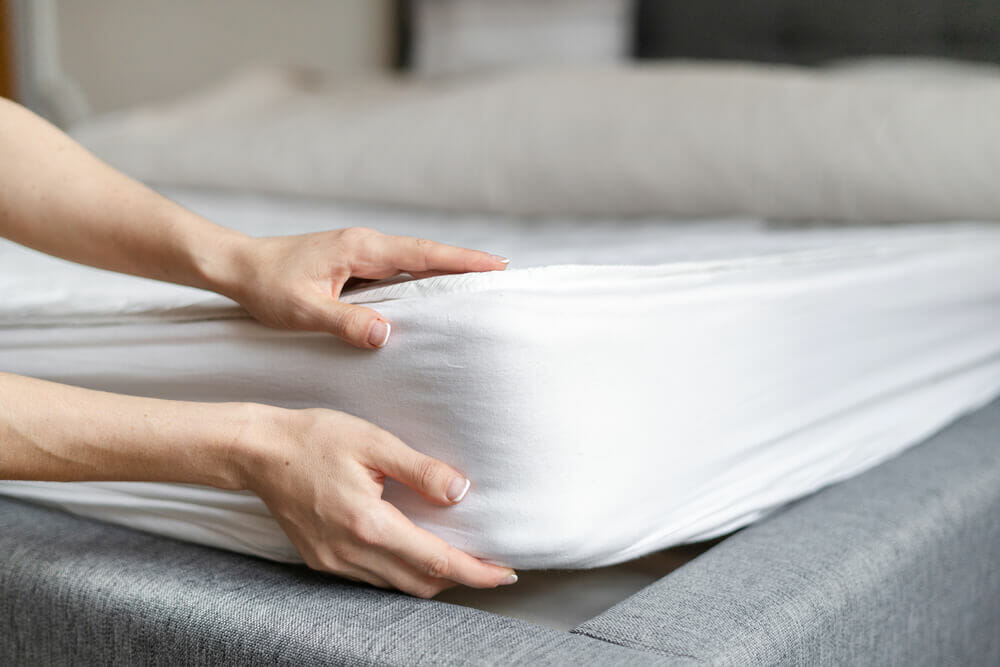
- Change your mattress. Ongoing hip pain at night calls for a more substantial change to your lifestyle – and a new mattress could be the solution. If you think your mattress is too hard – you can purchase a softer foam pad to sit on top to make it more comfortable.
- Get into a sustainable exercise routine. Keeping your body on the move is always a good preventative strategy. Stretching routines along with other low-impact exercises are an important part of keeping your hips healthy and pain-free.
- Practice good sleeping habits. Hip pain at night can be managed by ensuring your body is properly prepared for sleep. Get rid of phones before bed, darken your room, and observe a quiet and relaxing routine before hitting the sack.
- Visit a physio for hip pain. If you’re feeling hip pain while sleeping, get in touch with a physiotherapist who can assist in developing a targeted strategy to relieve pain and get your hips back on track.
Tired Of Getting No Sleep? Get The Experts On Board
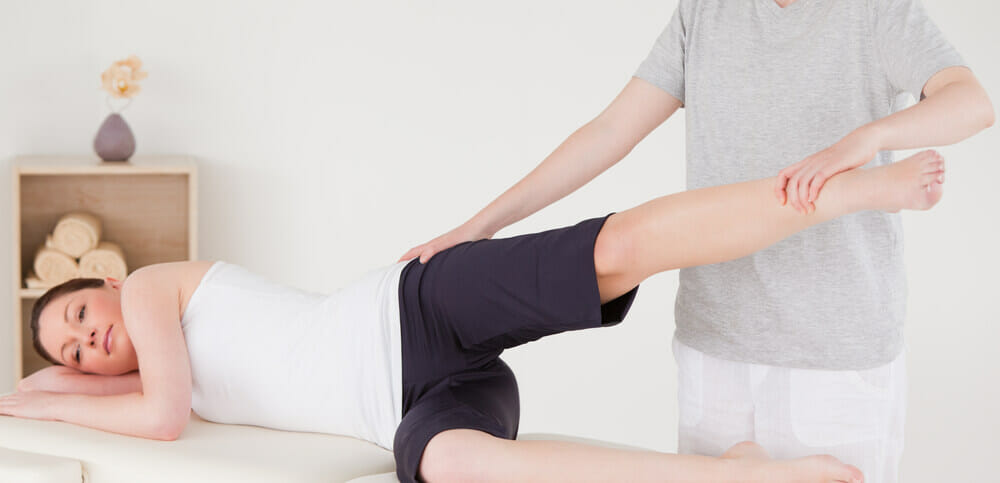
At Integrity Physio, we know how difficult it can be to get a good night’s sleep when you’re suffering from hip pain while sleeping. That’s why our fully qualified team of physiotherapists are ready to help you get on top of the pain.
Give us a call and book your appointment today!

